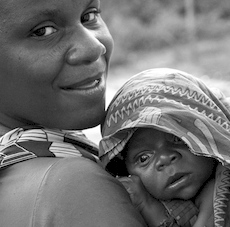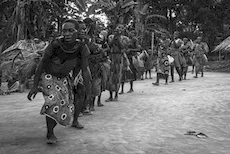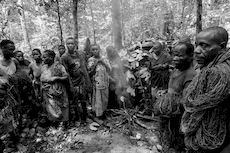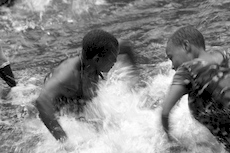The Baka Pygmies still resit in the northern Republic of the Congo, northern Gabon, and southwestern Central African Republic, where have i been, usually living in the rainforests.
They have traditionally relied on hunting and gathering for their livelihood, and have a rich cultural heritage. They have faced discrimination and marginalization in the past, particularly from non-indigenous groups who have encroached on their land and resources. In recent years, there have been efforts to raise awareness of the Baka’s rights and to support them in protecting their culture and way of life.
The Baka people have a rich cultural heritage that is closely tied to their traditional way of life. Some of the traditional practices and customs of the Baka include:
the Baka rely heavily on the forest for food, medicine, and other resources. They are skilled hunters and gather wild fruits, nuts, honey, and other items from the forest;
music and dance: the Baka have a vibrant musical tradition that includes singing, playing traditional instruments (and they obtain intense rhythms also by perquoting the surface of the watercourses using hands called “water drumming”), and dancing. Their music is closely tied to their spiritual beliefs and is an important part of their cultural identity;
spirituality: they have a strong spiritual connection to the forest and its inhabitants. They believe in a pantheon of spirits and ancestor worship, which is closely tied to their traditional way of life;
oral tradition: the Baka have a rich oral tradition, passed down through generations. Their stories and legends are an important part of their cultural identity and history;
community: the Baka place a strong emphasis on community and cooperation. They live in small, tight-knit villages and rely on each other for support.
I participated in some important moments of their lives in a group in the Central African Republic.
last update: 09/02/2025
| Baka Pygmies – Life seen up close (updated) |  |
| Baka Pygmies – The traditional dances |  |
| Baka Pygmies – The Baka hunt |  |
| Baka Pygmies – The Baka water drumming |  |
